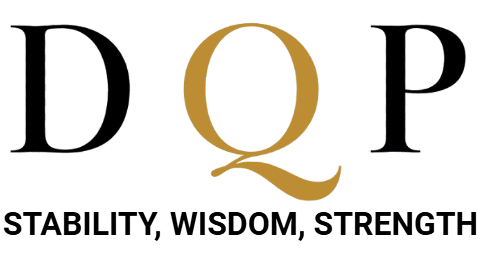The Nature of Money
Money is a medium of exchange, a unit of account, and a store of value. These functions facilitate trade, allow us to measure economic activity, and provide a way to save for future needs. However, these roles do not imbue money with inherent worth. Unlike gold, which has intrinsic value due to its physical properties and historical significance, or a piece of art, which may hold sentimental or aesthetic value, money’s value is derived from the trust and agreement of the people using it.

Money as a Facilitator
Consider money as a tool, much like a hammer or a computer. Just as a hammer is used to build a house or a computer is used to process information, money is used to facilitate transactions and achieve goals. A hammer sitting in a toolbox or a computer without power is of little use. Similarly, money hoarded without purpose does not generate happiness or fulfillment. It is only when money is put to use—invested in experiences, education, health, or helping others—that its true potential is realized.
The Illusion of Wealth
Society often equates wealth with success and happiness, leading many to chase after money for its own sake. This pursuit can be endless and unfulfilling, as there is always more money to be made and more wealth to be accumulated. This mindset creates an illusion where the value of a person is tied to their financial status. However, true wealth is not measured by the balance in a bank account but by the richness of one’s experiences, relationships, and contributions to the world.
Reframing Success
By understanding money as a tool, we can reframe our definition of success. Success becomes less about the accumulation of financial assets and more about how effectively we use our resources to create a meaningful and fulfilling life. This perspective encourages us to focus on personal growth, nurturing relationships, and contributing to the community. It also promotes a healthier relationship with money, reducing the stress and anxiety often associated with financial pursuits.
Practical Applications
To harness the true power of money as a tool, consider the following practical steps:
- Set Clear Goals: Identify what you want to achieve with your money. Whether it’s buying a home, traveling, starting a business, or supporting a cause, having clear goals will guide your financial decisions.
- Budget with Purpose: Create a budget that aligns with your goals and values. This helps ensure that your spending and saving habits are purposeful and contribute to your overall well-being.
- Invest in Experiences: Prioritize spending on experiences that enrich your life, such as travel, education, and hobbies. These investments often provide greater satisfaction and lasting memories than material possessions.
- Give Back: Use your financial resources to make a positive impact on others. Charitable donations, supporting local businesses, and volunteering can enhance your sense of purpose and connection to the community.
- Seek Balance: Strive for a balance between saving for the future and enjoying the present. Financial planning is important, but it should not come at the expense of living a fulfilling life today.
Conclusion
Recognizing money as a tool rather than an inherent value can transform our approach to life and financial management. By focusing on how we use money to achieve our goals and enhance our lives, we can move away from the endless pursuit of wealth and towards a more meaningful and satisfying existence. Remember, true value lies not in the money itself but in what we do with it.


